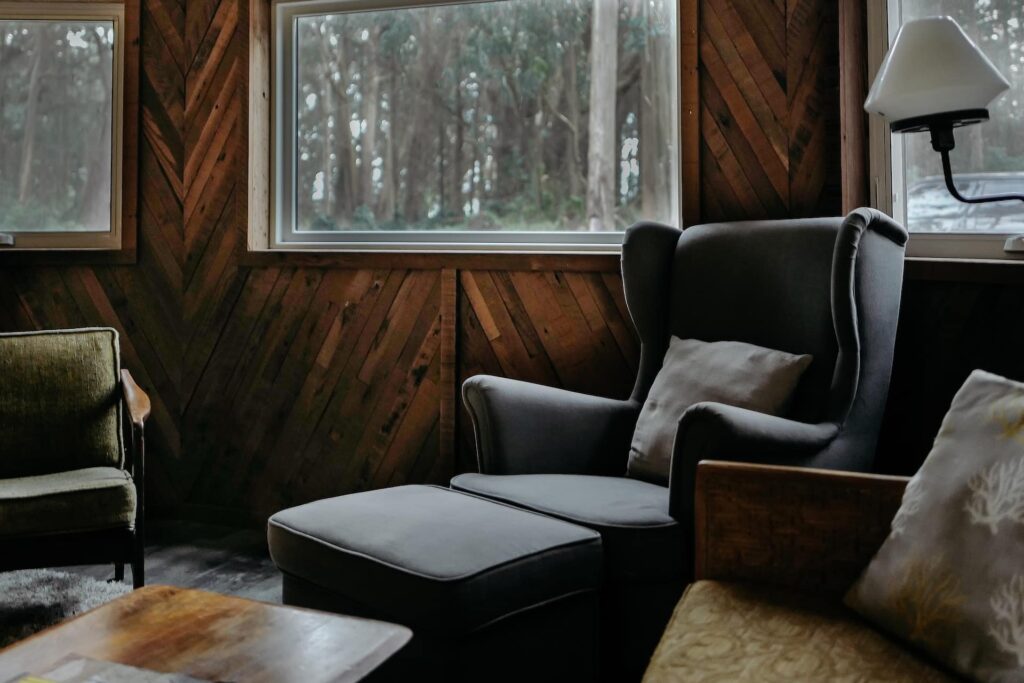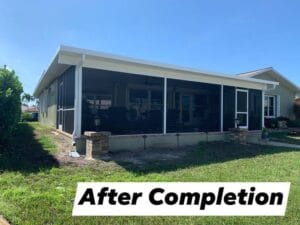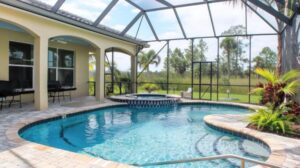Transforming Your Outdoor Space: Lanai Enclosures in Florida
Lanai enclosures, also referred to as Florida rooms or enclosed patios, offer homeowners a unique way to expand their living space. These conversions allow for weather-protected areas perfect for entertaining, relaxing, or even working from home. Whether you choose a screened enclosure or a glass room, each option enhances property value and functionality.
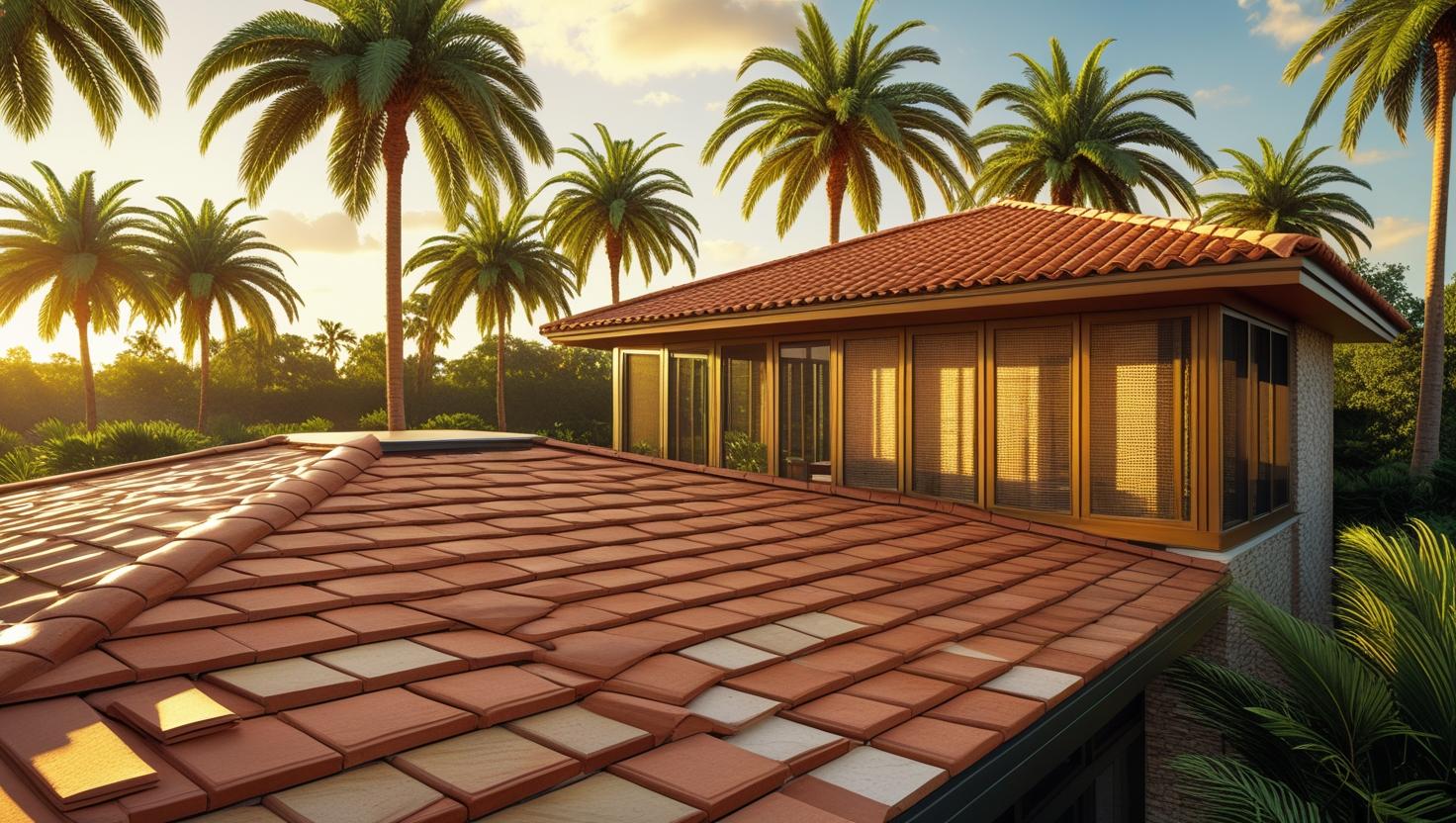
How to Enclose a Lanai in Florida: Step-by-Step Guide
Enclosing a lanai typically involves planning, permits, material selection, and construction. The process may vary depending on whether you’re building a simple screened porch or a full-fledged insulated room.
Planning & Permits
- Define how you’ll use the space (dining, office, gym, etc.)
- Check zoning and local building regulations
- Hire a licensed contractor experienced in Florida climate needs
Design & Materials
From acrylic panels to insulated glass, there are various options to match your budget and style. Materials should be selected for durability, UV resistance, and energy efficiency.
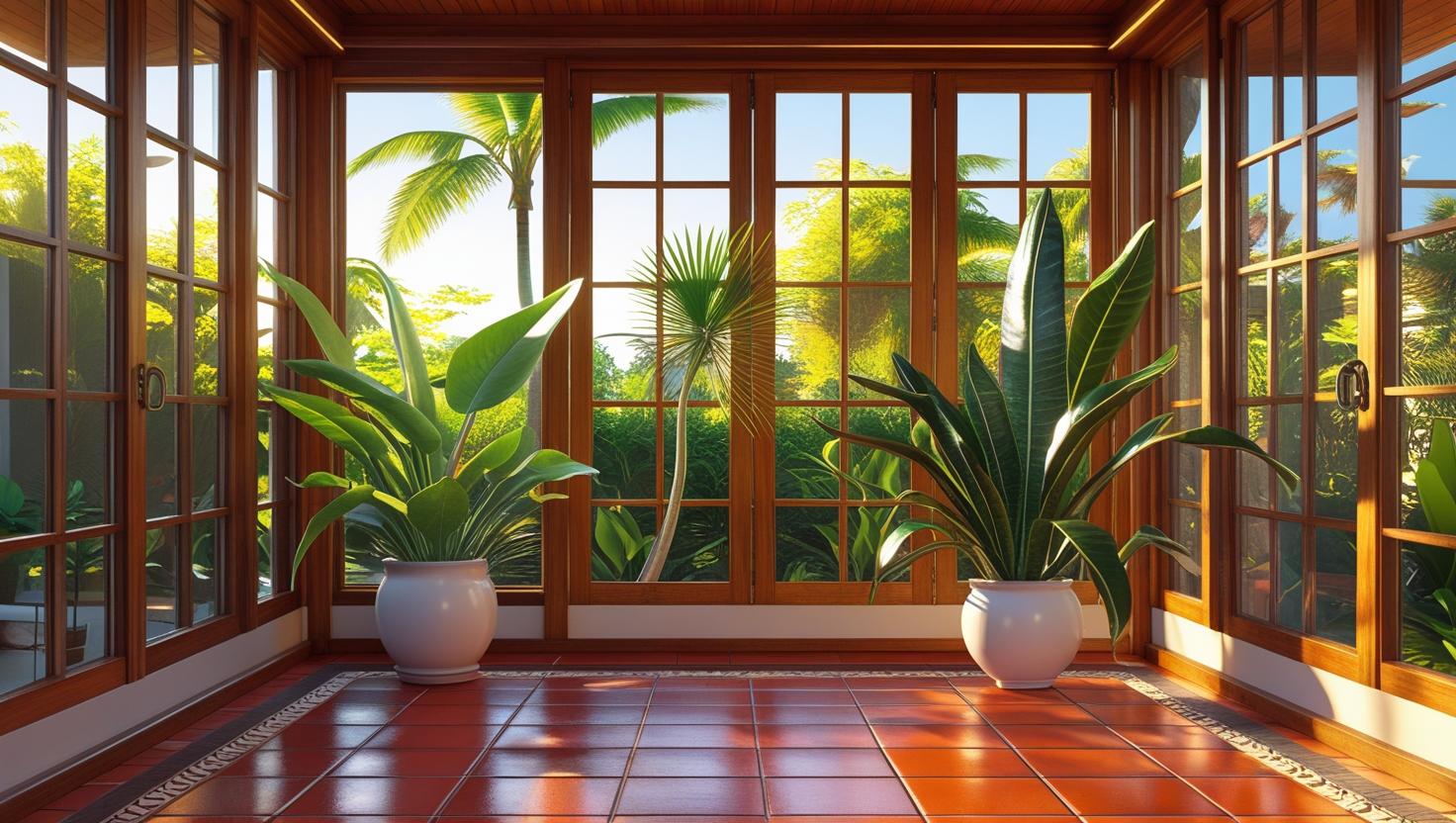
Types of Lanai Enclosures: Find Your Fit
- Screened Enclosure: Great airflow and insect protection
- Acrylic Window System: Lightweight and affordable, reduces glare
- Glass Lanai: Year-round use, best insulation
Explore more design options in our screen enclosure cost guide.
Comparison Table
| Type | Avg. Cost | Pros | Cons |
|---|---|---|---|
| Screened Lanai | $5,000–$10,000 | Natural airflow, budget-friendly | Less privacy, not fully weatherproof |
| Acrylic Window | $8,000–$15,000 | Lightweight, moderate insulation | Lower durability than glass |
| Glass-Enclosed | $12,000–$25,000 | Fully insulated, quiet, weather-resistant | More expensive |
How Much Does It Cost to Enclose a Lanai?
The price of converting a lanai can vary based on enclosure type, size, and materials. According to recent trends, the national average for a full glass lanai ranges from $15,000 to $25,000. Learn more in our dedicated article: Cost to Enclose a Lanai in Florida.
On average, lanai conversions recoup up to 75% of their cost in home resale value, especially in Florida’s coastal counties.
Lanai vs Screen Room: Which Should You Choose?
Homeowners often confuse lanais with screen rooms, but there are key differences. Lanais are often concrete-floored, permanent outdoor areas, while screen rooms are typically framed, non-foundation spaces. To make the best choice for your home and climate zone, compare both options here: Lanai vs. Screen Room.
Smart Design Tips for Your Lanai Conversion
- Use low-E or tinted windows for UV and heat protection
- Choose waterproof flooring like tile or vinyl plank
- Incorporate ceiling fans or ductless HVAC for comfort
- Add outdoor-rated lighting and smart outlets
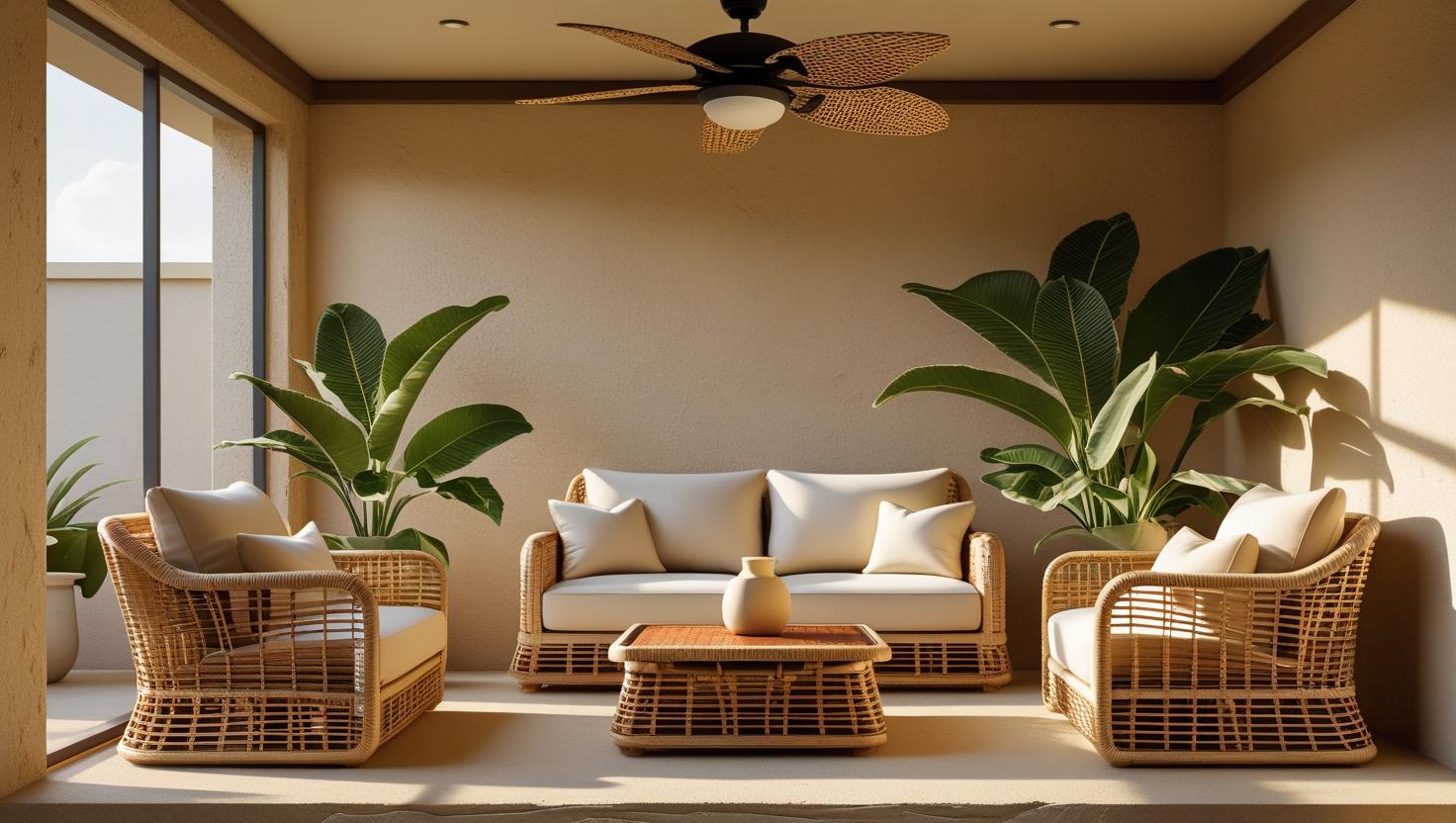
Lanai Conversions and Carports: What You Should Know
If your project includes combining a carport into an enclosed space or connecting it to a lanai, make sure you comply with Florida-specific building codes. We cover this in our article Know About Carports in Florida.
FAQ: Florida Lanai Conversions
What is a lanai, and how is it different from a porch or patio?
A lanai is a covered outdoor area that is typically attached to a home and often features a concrete floor and a roof. Unlike a simple patio or deck, a lanai may be screened in or enclosed with windows, making it more versatile in various weather conditions. In Florida, the term “lanai” is commonly used to describe an outdoor space that blends indoor comfort with fresh air and sunlight. While a Florida porch lanai may be used for relaxation, dining, or entertaining, it’s the enclosure—either screened or glass—that truly defines its functionality and comfort level.
How much does enclosing a lanai in Florida typically cost?
The cost of enclosing a lanai in Florida can vary based on several factors, such as the size of the area, the materials used, and whether you opt for a screened lanai or a glass lanai enclosure. On average, a screened lanai may cost between $5,000 and $10,000, while a fully glass-enclosed lanai can range from $12,000 to $25,000 or more. Acrylic windows offer a mid-range solution. Custom features like HVAC integration, flooring upgrades, or energy-efficient glass will also impact the final price. You can find detailed estimates in our cost breakdown guide.
What are the benefits of a glass-enclosed lanai over a screened one?
While a screened lanai offers great airflow and protection from insects, a glass-enclosed lanai provides superior insulation, noise reduction, and year-round usability. With double-pane or low-E glass, your lanai can maintain comfortable temperatures even during Florida’s hottest or coolest months. This makes a glass lanai ideal for converting the space into a home office, gym, or extended living room. Additionally, a glass lanai increases property value and adds a more permanent architectural feature to your home. Still, screened lanais are more affordable and ideal for homeowners who enjoy open-air environments.
Can I build a lanai in Florida without a permit?
In most Florida counties, any structural work involving roofed enclosures, screened walls, or window installations requires a building permit. This includes enclosing an existing lanai, building a new lanai room in a house, or converting a Florida porch into a fully enclosed space. Permits ensure that the construction meets local codes related to wind resistance, insulation, drainage, and electrical systems. Skipping this step can lead to fines, failed inspections, or problems during resale. It’s recommended to consult with a licensed contractor to navigate the permit process before building or modifying your lanai.
What is the best material for enclosing a lanai?
Choosing the right material depends on your budget, climate, and intended use. Screened enclosures are made from durable mesh designed to resist UV rays and Florida’s humidity, making them low-cost and effective for seasonal use. Acrylic windows are lightweight, shatter-resistant, and provide moderate insulation. For year-round comfort, low-E glass is the best option—it offers excellent temperature control, sound insulation, and longevity. When deciding how to enclose a lanai, consider also the framing (aluminum vs wood), flooring (tile or composite), and roofing materials that match your home’s structure and aesthetic.
Can I use an enclosed lanai as a functional living space?
Absolutely. A properly enclosed lanai can be used as a sunroom, dining area, entertainment zone, or even a playroom for kids. Many homeowners in Florida convert their lanai into a multifunctional space, taking advantage of the natural light and outdoor views. When fitted with insulated glass windows, climate control systems, and appropriate flooring, the lanai can easily feel like a natural extension of your home. If you’re looking to add a lanai to a house or upgrade your existing one, ensure that the design aligns with your family’s needs and daily routines.
Have questions about your own project? Get in touch with Precision Aluminum & Remodeling Inc at 239-673-8357 or explore more options in our lanai enclosure resource.
Helpful Resources
Related Services from Precision Aluminum
Contact us or call 239-673-8357 for a free estimate.
Try our free lanai enclosure cost calculator for an instant ballpark estimate.
Estimate Your Project Cost →
